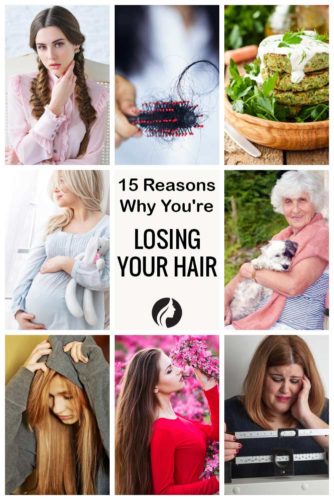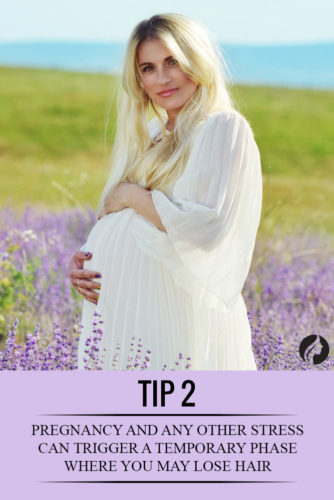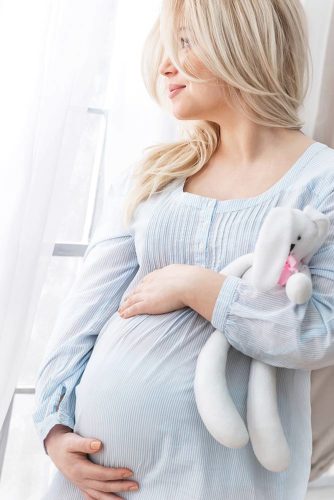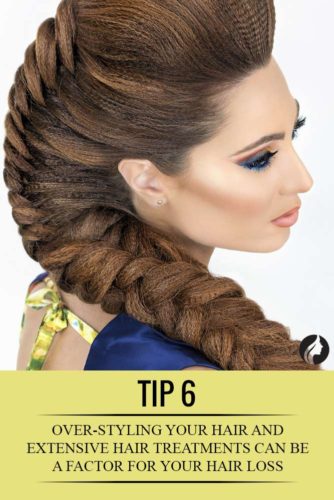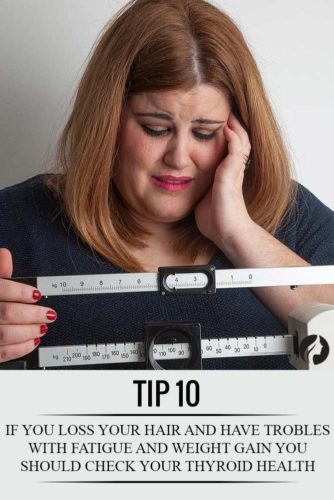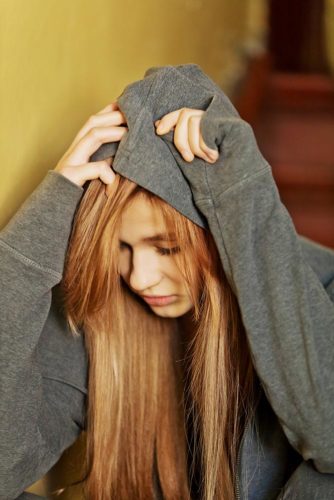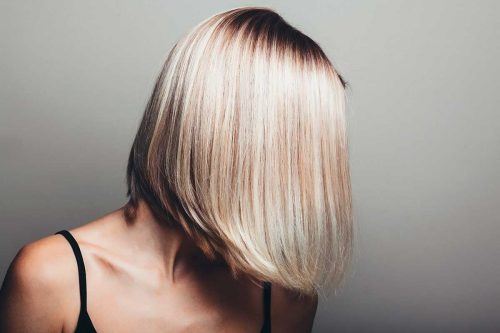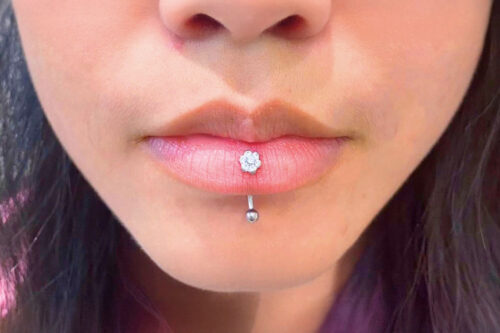Reasons Why Women Are Suffering – Your Hair Loss
Many women suffer from hair loss and thinning hair. While it’s true that hair loss is more prevalent among males, it is more common among women than you would think. There could be many reasons you are losing your hair, from an underlying health issue such as a thyroid condition to something simple like a vitamin deficiency.
It is not the time to consider switching to short haircuts yet. The following article will explain some of the reasons why you may be losing your hair. Some of them seem obvious, but others may surprise you. However, there are ways to treat hair loss for both women and men, so don’t get discouraged if you experience this issue. You are not alone. Thousands of men and women are suffering from thinning hair or hair loss.
diet">Diet
Simple changes in your diet could contribute to your hair loss: A vitamin deficiency, not enough protein? We will discuss several of these factors below.
Not Enough Protein
To prevent hair loss, you must fulfill your average intake of protein in your diet. Otherwise, your body will replenish it by slowing down hair growth or shifting directly to the shredding phase. Visible signs are noticed about 2-3 months after there is a reduction in the protein intake. Be sure to avoid crash diets, which exclude protein from the diet. You must maintain proper eating habits and eat on a scheduled basis. Lack of protein in the diet could trigger hair loss because your body will try to store up protein by ceasing hair growth, thus resulting in thinning hair. Good sources of protein include chicken, meat, eggs, fish, beans, nuts and grains.
Overdosing on Vitamin A
Too much Vitamin A can also stimulate hair loss. If you are taking more than 5,000 IU of Vitamin A a day, it could be triggering your hair loss. Once you reduce your intake of Vitamin A, you should notice a decrease in hair loss.
Vitamin B Deficiency
Those who are not taking sufficient amount of Vitamin B could also be suffering from thinning hair or hair loss. You can take Vitamin B supplements to combat these issues. Also, you can consume Vitamin B naturally in foods such as meats, starch vegetables, fish and berries.
physical_factors">Physical Factors
Factors such as genetics, aging and other similar instances may be the reason behind your hair loss. We will discuss some of these reasons below.
Aging
Aging is something that we cannot avoid, no matter how hard we try. Sadly, a lot of women start to notice that their hair is thinning quite early - at their forties. A lot of women report thinning hair once they begin experiencing perimenopause. While there is no proven way to prevent this, some measures can help prevent breakage. For example, changes in your diet (see above) and other tricks, such as avoiding heat (blow drying, flat irons, etc.) and shampooing less frequently.
Genetics
Just like male-pattern baldness, females can suffer from hereditary hair loss, or androgenetic alopecia. If you notice that other women in your immediate family are suffering from female-pattern hair loss, there is a chance you might be prone to this, as well. Again, proper diet and hair care can help slow this down.
To do: The hair loss that you experience is of permanent nature, so you need to use Rogaine to help you grow hair or at least help you maintain the hair you have. The drug is easily available over the counter or online.
Stress
A physical trauma of any sort be it an illness, stress, surgery or pregnancy can trigger a temporary phase where you may lose hair. Our hair has a particular life cycle - the growth phase, resting phase and the shredding phase. Any event which has been particularly stressful can mess up the hair cycle and it may jump directly to the shredding phase causing abnormal hair loss.
To do: The hair loss will stop automatically when your body recovers from the stress. Try to remain calm and do some light exercising which helps to reduce stress.
You should do everything you can to relieve both physical and emotional stress including resting when needed, getting enough sleep, exercising, therapy and again, maintaining the proper diet.Pregnancy
Many women experience some hair thinning or mild hair loss during pregnancy thanks to the presence of the pregnancy hormones. Some women even experience some hair loss after labor. Delivering a baby can be extremely traumatic to both your physical and mental health and may cause hair loss. However, your body and hair will recover in time.
Hormonal Issues
Are short haircuts for thick hair seem to be just a dream? Changes in your hormones such as starting or stopping taking birth control pills can trigger hair loss. Also, as already mentioned, menopause can also make your hair thin. Changes in hormones make your hair follicles shrink, causing hair loss. Talk to your physician about how you can manage your hair loss if you believe it is simply due to female hormonal issues.Estrogen, the hormone, when secreted in normal proportions contributes to making you feel energized and prevents mood shifts. When the hormone level in our body is abnormal it leads to thinning of the hair and consequently hair loss.
To do: Switch back to alternative birth control pills, for pregnancy related issues the estrogen levels will be normal after some time you have given birth, and you won't experience hair loss anymore.
Sudden Weight Loss
If you start losing weight suddenly, it is a kind of a physical abnormality, a kind of physical stress that your body may find difficult to cope with, resulting in hair loss. In this case you have to lose weight more gradually, and ensure that you control and change your exercise and dieting regimen step by step and not all of a sudden. For example, if you have an intake of 2500 calories, bring it down by 150 calories every week till you reach the desired intake.
To do: Gradually the body will adapt to the regimen and hairfall will be controlled. If you notice someone who is experiencing both severe weight loss and hair loss, they might be suffering from something serious such as bulimia or anorexia. Normally, the problem will disappear within six months following the dramatic weight loss. However, if it continues longer than this, you should talk to your physician.
Over-Styling Your Hair
Extensive styling and hair treatments can be a factor for your hair loss. Also changing your hairstyles regularly from punk cuts, tight braids or step cuts or using hair curlers and straighteners do cause hair damage. All these activities cause damage to the hair roots, which may make them weaker and unstable and hair will fall more as a result.
To do: Avoid regular changing of your hairstyle and always remember to use a conditioner after you shampoo and let your hair dry naturally. Limit the curling and hair straightening to just once a week.
underlying_health_issues">Underlying Health Issues
Underactive Thyroid
Hypothyroidism, or underactive thyroid, can cause hair loss. You will need bloodwork to see if you really suffer from hypothyroidism. Other symptoms include fatigue and weight gain. If you are diagnosed with hypothyroidism, your doctor will prescribe medication and this should stop the hair loss as well as the other symptoms.
Autoimmune Disorders
Those who suffer from autoimmune system disorders, such as celiac disease, can experience hair loss. There are medications that can help, and your doctor may even suggest steroid injections to help stimulate hair growth.
Lupus
Lupus is another autoimmune disease that may cause severe hair loss. However, the hair does not grow back after having Lupus. Those who have been diagnosed with Lupus can either adapt to a shorter hairstyle or opt for wigs, hats and/or scarves to hide their bald patches.
Anemia
A lot of women between their twenties and early fifties have anemia due to irony deficiencies. This will contribute to hair loss and cause other symptoms such as fatigue, headache and vertigo. Once a doctor diagnoses you with anemia, after bloodwork, he/she will prescribe medication and this should stop the thinning of your hair.
Polycystic Ovary Syndrome
Many women suffer from PCOS, or polycystic ovary syndrome. This can cause weight gain, menstrual issues, ovarian cysts, infertility and hair loss. PCOS can be treated with medication, diet and exercise and usually the hair will grow back with time.
Use of Anti-Depressants
There are certain drugs such as anti-depressants and those which control blood pressure can promote hair loss. These drugs may trigger hairfall because they cause the hair strands to skip to the resting stage prematurely, leading to the loss of your hair.
To do: Consult your physician about the issue and ask him or her to either switch to a generic drug or reduce the dosage levels.
Other factors
There are many other factors that can lead to hair loss. These include chemotherapy for cancer patients, side effects of certain medications, over styling (excessive blow drying, hair products, shampooing, curling and flat irons, etc) and other factors. Those who take athletic steroids to increase their muscle tone may experience hair loss. If you are starting to notice severe hair loss, you should contact your primary physician to determine the cause.
Was this article helpful?




